Campbell Money says Ross County’s youngsters need to look no further than manager Don Cowie for inspiration in their efforts to progress.
Money was appointed as the Staggies’ football development director last month, which will task him with overseeing County’s academy in an effort to nurture players for Cowie’s first team.
Cowie, who was raised in Strathpeffer, was handed the opportunity as manager in February in a move which took him full circle with the Victoria Park club.
The midfielder began his playing career with the Staggies before joining Highland rivals Caley Thistle and subsequently earning a move to English football with Watford in 2009.
A switch to Cardiff City saw Cowie experience playing in the English Premier League, and he also won 10 Scotland caps.
Spells with Wigan Athletic and Hearts followed, before he returned to County, where he finished his playing career.
Cowie has shown what can be achieved at Dingwall
Cowie began his coaching journey by taking County’s under-18s prior to his retirement before becoming a first-team coach, and ultimately assistant boss to Malky Mackay and Derek Adams.
With the 41-year-old arguably the Staggies’ most successful youth product, Money insists he is the perfect role model for County’s current prospects.
Money said: “Don is a prime example of what can be achieved at this football club. He is the benchmark for everybody.
“He’s the one who played in the first-team at a very early age, moved elsewhere and played for Scotland – all the things you would aspire to do as a young player, he has done.
“He gets it, and understands that if we produce a player who is capable of playing at first-team level, they can play at that level, because he has done it himself.
“Young players need opportunity as much as anything else. They need people to believe in them, and the early signs of what I’m seeing here are pretty promising.”
Academy chief sees strong buy-in from Ross County boss
Money’s arrival will see him spearhead the Staggies’ youth programme, with Gary Warren remaining as academy director and Gordon Duff still in place as head of youth and academy operations.
With Cowie having come through County’s youth system himself, Money believes the Staggies boss will have a keen eye on the pathway for young players to reach senior level.
Money added: “I’ve had very positive discussions with Don so far. I’m relatively confident that we can get young players through to first-team level.
“That will be down to the players as well – it’snot just down to Gary Warren and Gordon Duff.
“They can do what they can do in terms of coaching the players, but a lot of the work has to be done by the players themselves.
“It’s my job to make sure Gary and Gordon are challenging players as much as they can.”
Money’s youth focus was formed in management spells
Money arrived in Dingwall after more than a decade working for the Scottish FA, where he headed up Club Academy Scotland.
Prior to that, Money had management spells in charge of Stranraer, Ayr United and Stenhousemuir, where he insists youth development was always a key focus.
He added: “Even as a manager, I was very much youth-driven.
“My team at Ayr United was probably the youngest in the club’s history.
“At Stranraer, I sold Matt Campbell and John Robertson to Ayr United, and Allan Jenkins to Gretna.
“There were a few young ones that did really well at the club.
“Even at Stenhousemuir, David Templeton came through the ranks, along with Colin Hamilton and Jack Hamilton, who is now at Ross County.
“I have always been able to be part of bringing young players through. But I have to stress it’s the players that do it.
“I just effectively put the rules in place, that allow the players to develop. If the players develop the way they think they can, they have to work hard to do that.
“I have been speaking primarily to our under-18s squad so far, about what they need to do, about when they train and how hard they need to train.
“I’m a firm believer that you will play as you train – if you train sloppily and lazily, you will be sloppy and lazy on a matchday. That’s the way it is.
“It will maybe be a wee bit of a change for them, but that’s what I believe is going to be vital for them in their development.”
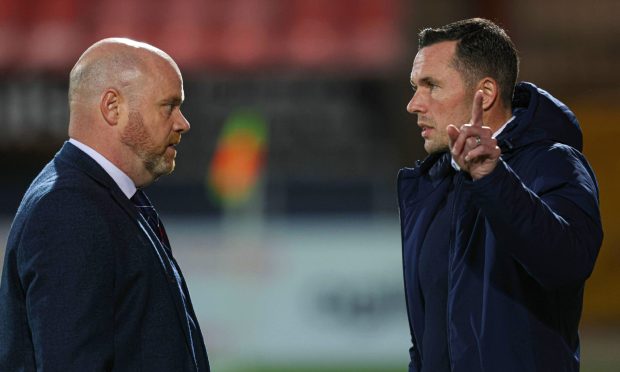
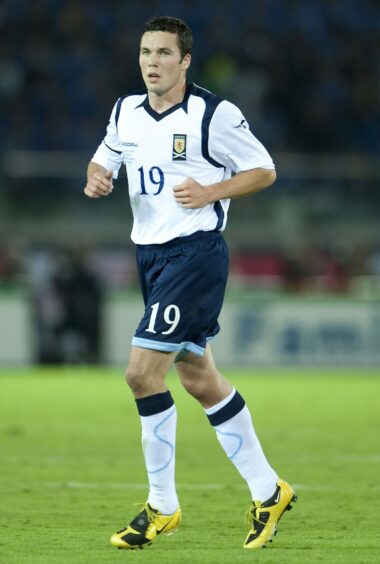
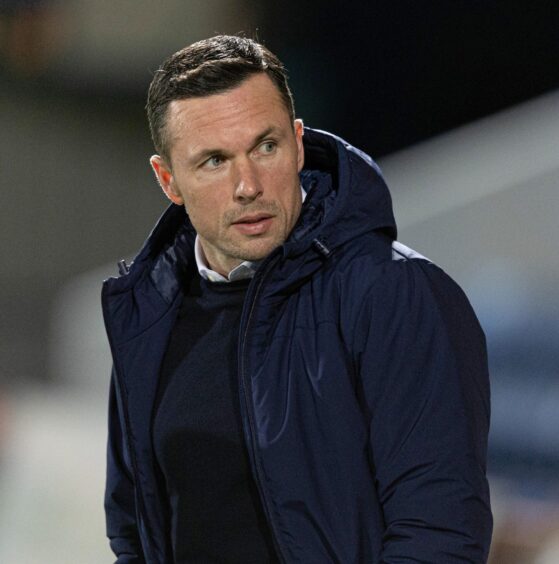
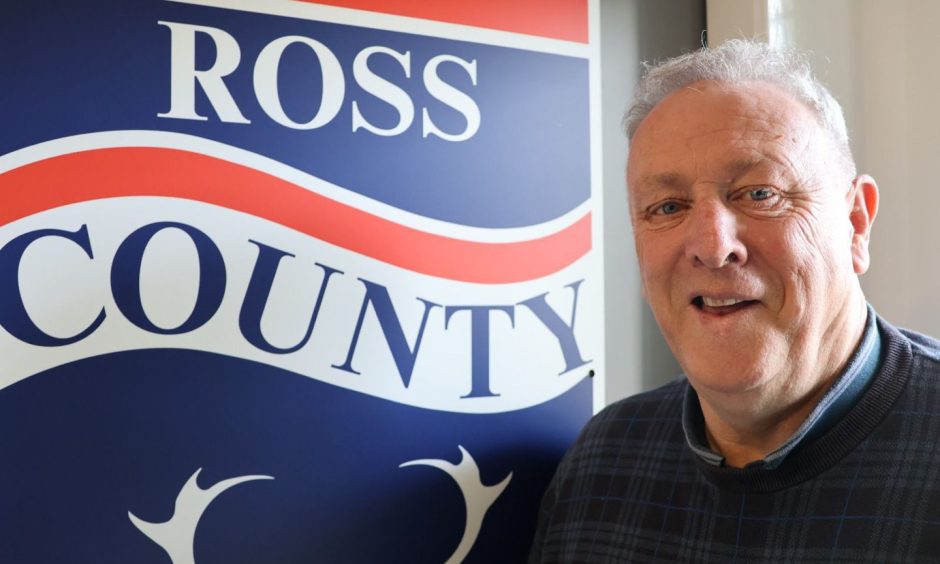
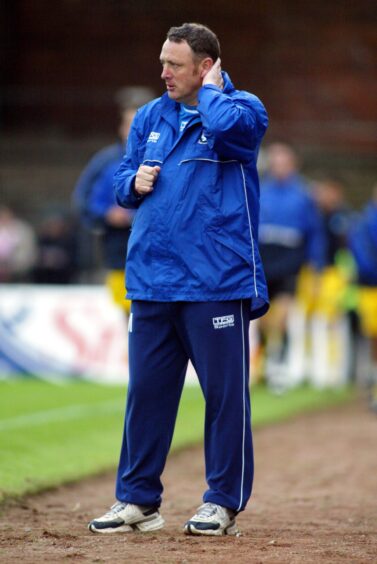

Conversation